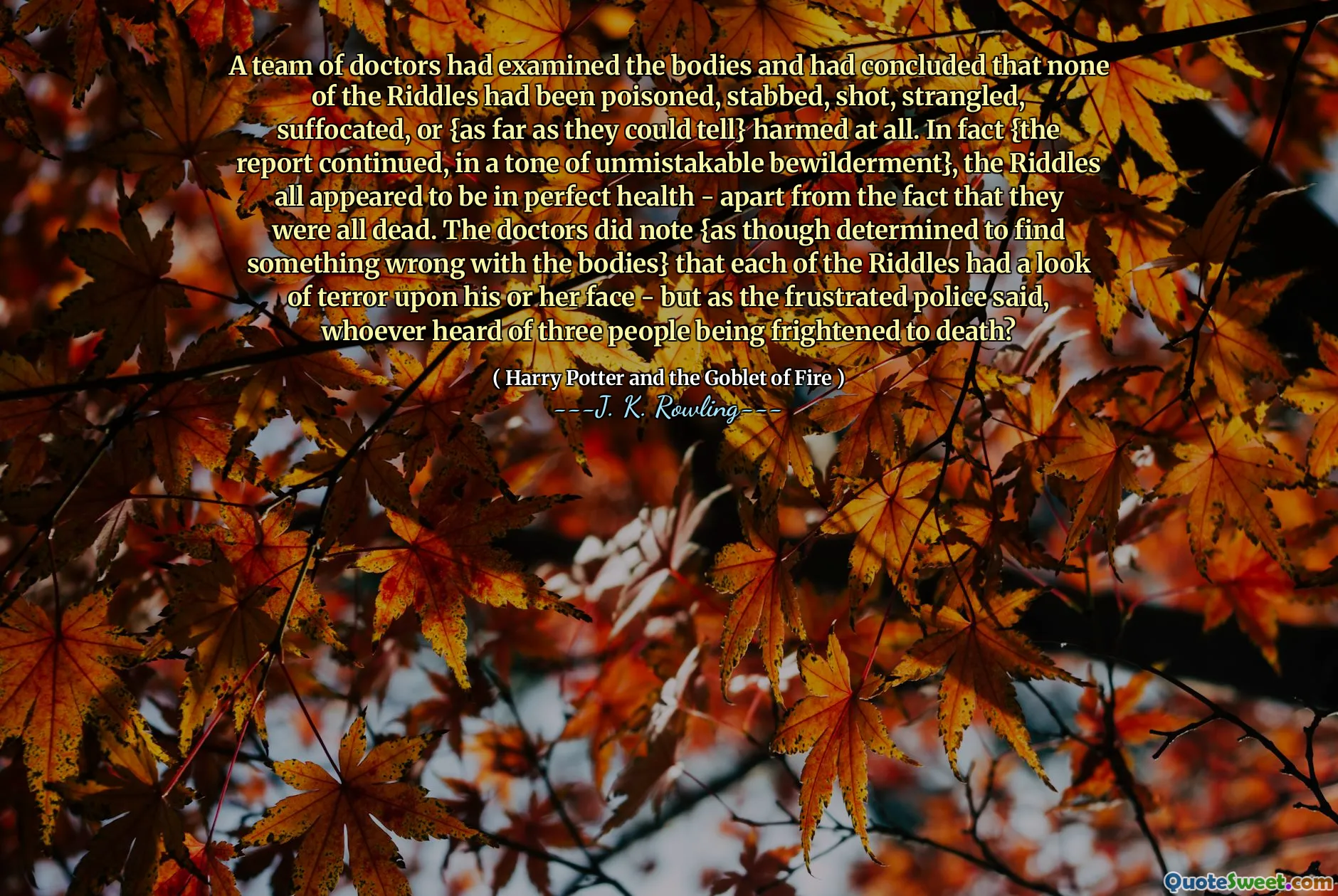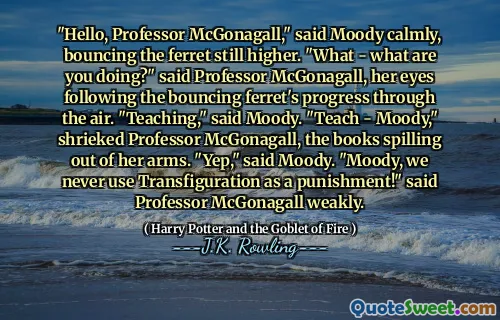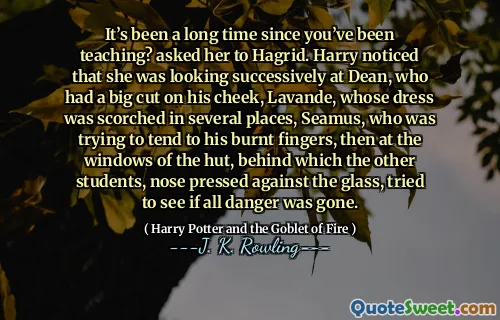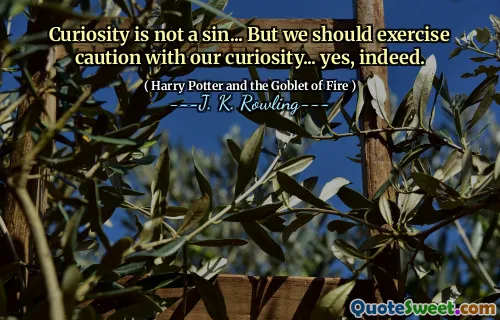
A team of doctors had examined the bodies and had concluded that none of the Riddles had been poisoned, stabbed, shot, strangled, suffocated, or {as far as they could tell} harmed at all. In fact {the report continued, in a tone of unmistakable bewilderment}, the Riddles all appeared to be in perfect health - apart from the fact that they were all dead. The doctors did note {as though determined to find something wrong with the bodies} that each of the Riddles had a look of terror upon his or her face - but as the frustrated police said, whoever heard of three people being frightened to death?
This quote presents a paradoxical and haunting scenario that challenges our understanding of mortality and the nature of fear. The scene depicts multiple corpses—referred to as the Riddles—examinned meticulously by medical professionals who find no classical signs of violence or poisoning, yet these individuals are undeniably dead. The doctors' bewilderment underscores the inexplicability of the circumstances; their conclusion that everyone was in perfect health, save for death itself, introduces an eerie sense of mystery. Adding to the strangeness, the bodies exhibit expressions of terror, a detail that hints at an external cause of death not rooted in physical trauma. The police’s incredulity at fear causing death highlights the irrational boundary of common understanding—fear, after all, can produce psychosomatic effects, but death from terror alone is rarely acknowledged as a direct cause. This scenario invites reflection on the latent power of psychological states and the unknown facets of human vulnerability. It also triggers questions about whether the fear itself might have been induced or whether something else entirely—perhaps supernatural or unseen—played a part. The narrative draws attention to the tension between scientific explanation and mysterious phenomena, emphasizing that some mysteries defy description and understanding. It reminds us that human mortality can sometimes be linked to fears that are beyond common rational comprehension, challenging us to consider the limits of science and the profound influence of the mind over the body.











